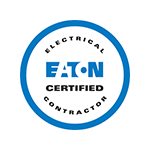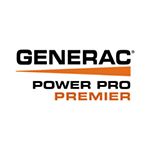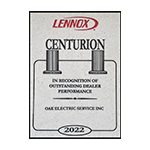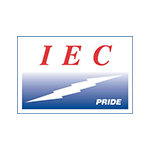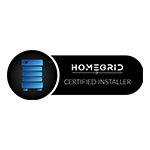Standby backup generators are a smart investment for any homeowner looking to stay on top of emergency power outages. For generators powered by natural gas, you will have an adequate supply of fuel for as long as you need. However, with the rising costs of fuel, your energy bill can easily add up if you do not watch your generator fuel consumption.
Making your home more energy-efficient can minimize gas consumption when the generator is on, helping you to keep more money in the pocket.
Read on for tips on how to get the most from your generator and save money on energy bills.
Insulate Your Home
Unless yours is a relatively new home, consider adding new insulation to minimize your energy bills. The upfront cost of adding new insulation will pay for itself in the long-term.
A qualified home energy auditor can help you identify areas in your home that require insulation. Critical areas typically include the attic; exterior, interior, and foundation walls; floors; windows and doors; and band joists.
In addition to identifying areas that need insulation, an energy audit will also determine the type of insulation you have and what you need, the R-value, and the depth of insulation.
The better insulated your home is, the less fuel your standby generator will need to power your home in the event of power outages.
Install Energy Efficient Lighting
If you have not made the switch to energy-efficient LED lighting, now is a good time to make the move.
LED lamps and lighting fixtures use less than a third of the number of watts that traditional halogen and incandescent bulbs use. LEDs can help you realize significant energy cost savings over the long-term.
Although the sticker price for LEDs is higher, especially for whole-house installations, this lighting solution will pay for itself in terms of a longer service life and energy savings.
Consider adopting more energy-efficient lighting at the same time of installing your new standby generator.
Replace Your Hot Water System
Hot water systems are among the biggest sources of energy consumption in the average household. Most thermostats in hot water systems are set at 140°F by default, which can result in up to $400 in losses from hot water usage.
However, you can still meet your hot water needs and realize significant cost saving by dialing down the thermostat to 120°F.
Turning down your water heater temperature conserves energy that you would otherwise waste through heat loss from the heater and from actual hot water consumption.
Consider replacing an old hot water tank with a new energy-efficient one. If replacement is not an option, be sure to insulate your hot water tank and pipes to minimize latent energy loss.
With a new or insulated hot water system, your standby generator will use less fuel to heat water in your house especially during longer outages, when the cost of heating can add up quickly.
Opt for ENERGY STAR® Certified Appliances
During a power outage, the biggest priority is to keep critical appliances such as the fridge and heating and cooling systems running. However, these appliances can be major power hogs and can result in high fuel usage.
Consider investing in ENERGY STAR® certified appliances that consume less energy but still deliver optimal performance. Energy-efficient appliances let you save money even when you use a standby generator to run these appliances.
Manufacturers build robust, high-quality standby generators such as Generac to serve you for years. However, making your home energy-efficient lets you get the most value for your money in terms of savings on generator fuel usage.
When you want to upgrade your home for any contingencies, look to the experts at Oak Electric. Call today to speak to one of our professional technicians about our powerful standby generators and energy solutions.











